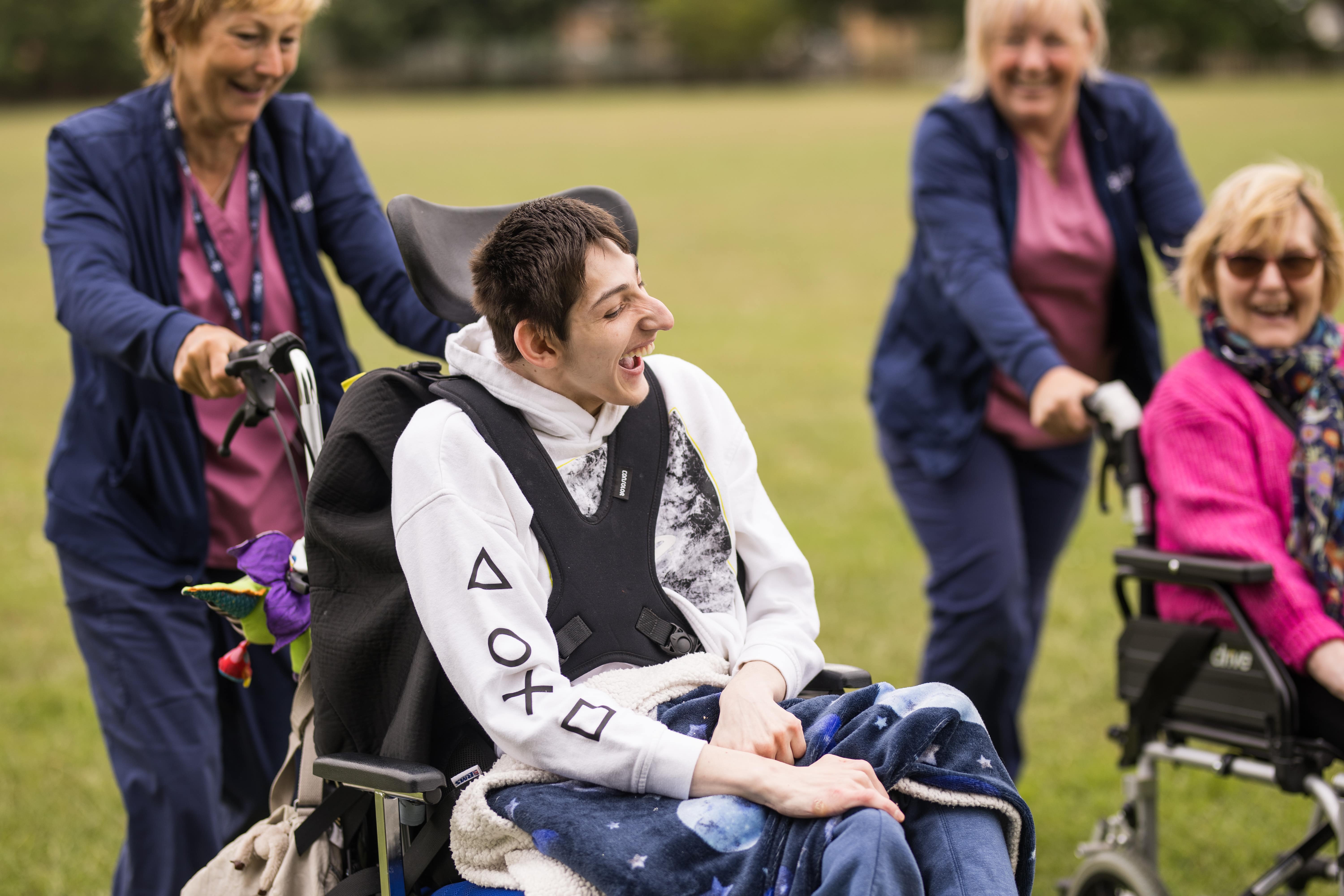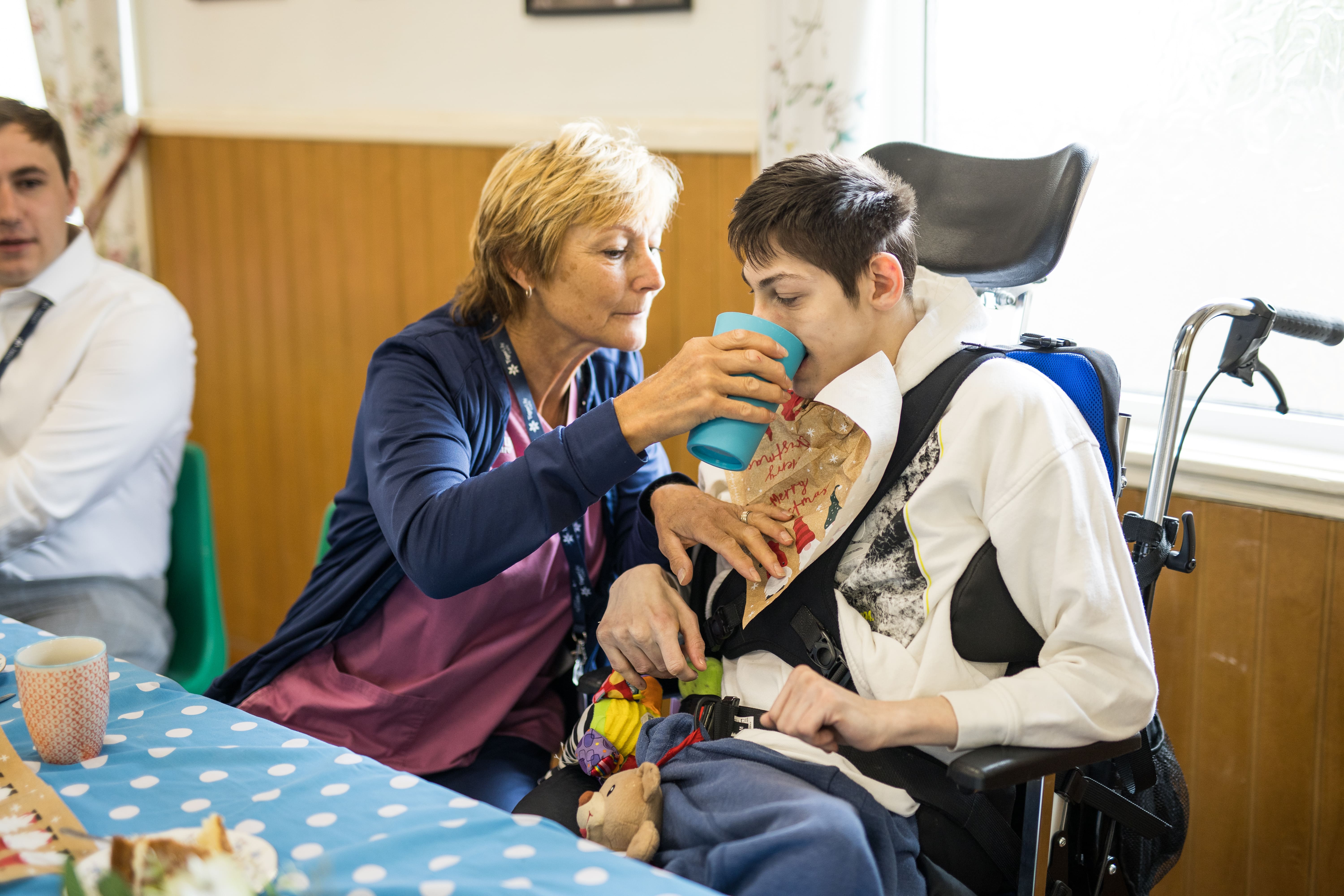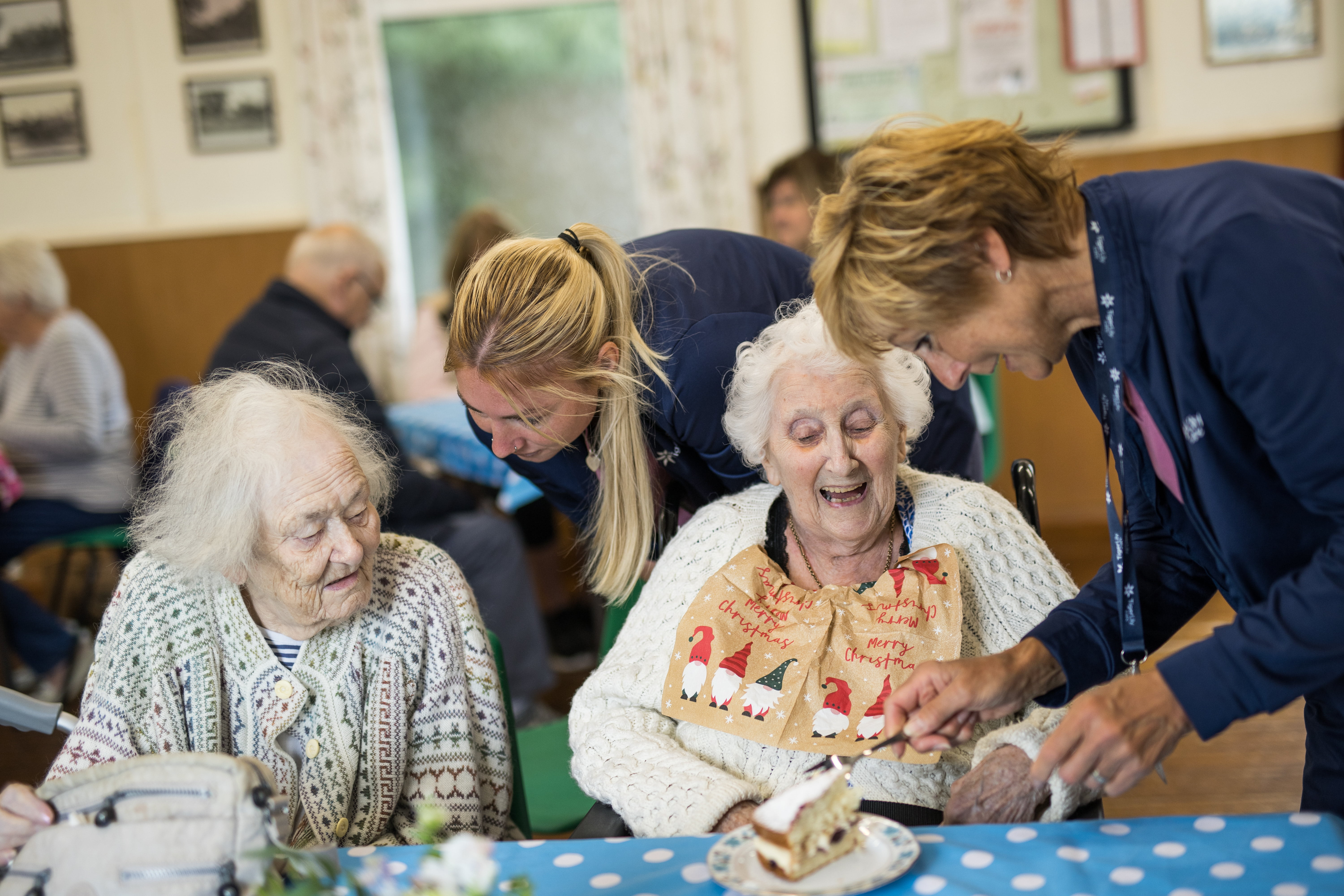When a loved one requires care at home, whether due to age, illness, or a long-term condition, it often falls to family members to provide that care or to organise it. Even if one person may take the lead, the reality is that successful and sustainable home care usually involves multiple people working together. A well-organised family support network not only makes day-to-day care easier, but it also improves emotional wellbeing and prevents burnout.
In this blog, we explore the many ways families can contribute to home care, the importance of defining roles, and how clear communication and collaboration can make all the difference.
Why Family Involvement Matters in Home Care
Families bring a level of emotional connection and understanding that is impossible to replicate with external carers alone. Their involvement can provide comfort, familiarity, and reassurance to the person receiving care. But more than that, when family members coordinate care together, it reduces the load on any one individual and leads to more consistent, personalised support.
Research shows that active family involvement in care can improve outcomes, particularly for older adults or those with chronic illnesses. Having a familiar face around boosts morale, encourages routine, and supports mental health. For carers, having others involved also reduces the isolation and pressure that often come with the role.
Even when a loved one requires support from a professional carer, the benefit that family members provide cannot be understated. The family play a key role in advocating for the needs of their loved one, helping to prioritise their personal preferences and emotional well-being.
Defining Roles and Responsibilities
One of the most effective ways to ensure smooth and sustainable home care is to clearly define who is responsible for what. When roles are not agreed upon, misunderstandings or gaps in care can quickly emerge.
Here are some typical caregiving roles family members might take on:
- Primary caregiver: Oversees daily care tasks such as hygiene, mobility, meals, and medications.
- Medical coordinator: Manages appointments, prescriptions, and communication with healthcare professionals.
- Finance and paperwork support: Organises bills, benefit claims, and documentation.
- Companion and emotional support: Offers regular social interaction and comfort.
- Logistical support: Takes care of errands, transport, and home maintenance.
- As-and-when support: Someone who can help out at short notice or when an additional pair of hands is needed.
Families should have open conversations to discuss everyone’s availability, strengths, and limitations. Being honest and flexible helps avoid resentment creeping in and ensures the care plan is realistic. Revisit roles periodically, especially as care needs evolve.
Not every family will need to provide every care support role mentioned above. For example, an individual who needs assistance with self-care may still be fully capable of independently managing their own finances. In the first instance, you should always try to help the individual being cared for to execute tasks as independently as possible.
Supporting the Primary Carer
Often, one family member becomes the default or designated primary carer. This person may provide the bulk of hands-on care, sometimes around the clock. Supporting this individual is essential to prevent physical and emotional burnout.
Ways to support the primary carer include:
- Regular check-ins: Ask how they're coping and what they need.
- Scheduled breaks: Offer to step in weekly or monthly so they can rest or attend to personal matters.
- Shared responsibilities: Help with household chores, shopping, or cooking.
- Emotional support: Simply listening or encouraging them to seek professional support can go a long way.
- Arranging additional support: Carers often feel guilty about involving outside help. Provide reassurance and support them to reach out to professional home care services.
Acknowledging the efforts of the main carer and ensuring they don't feel alone is a key part of successful family caregiving. Remember that circumstances can change. Always be ready to support the transition to a new form of care (be that a different main carer, a professional home care service, or moving into a care home).
Building Communication and Collaboration
Good communication is the foundation of any effective care team. Even in the closest families, misunderstandings can happen if communication is unclear or inconsistent.
To build trust and teamwork:
- Establish a routine check-in: A weekly phone call or group message can keep everyone in the loop.
- Use shared tools: Online calendars, care apps, or a simple shared notebook can track tasks and appointments.
- Respect differences: Not everyone will approach care the same way. Focus on shared goals and be patient with each other.
- Be open about changes: If someone’s capacity to help changes, discuss it early and without judgment.
- Involve the individual in their care: Regularly discuss how your loved one is feeling and whether the current care setup is right for them.
The goal isn’t perfection, its consistency, clarity, and mutual support. When something doesn’t go right, take the opportunity to sit down and discuss what can be done to prevent a similar issue from occurring again in the future. Ensure conversations are free from blame and judgment.
Involving Extended Family, Friends & Community
Not all support has to come from the immediate household. Extended family members, friends, and local communities can all play valuable roles in home care. Even small contributions can ease the burden on the core care team.
Some ways to extend the support network include:
- Ask for help with specific tasks: Cooking a meal, driving to an appointment, or popping in for a chat.
- Tap into community resources: Faith groups, volunteer organisations, and local councils often offer practical support.
- Engage trusted neighbours: A nearby friend can offer emergency assistance or simply keep an eye out.
- Join carer groups or forums: These can be a vital source of advice and emotional support.
Don’t be afraid to reach out. Most people want to help; they just need to know how. Caring for a loved one is rewarding, but it can come at a significant cost. Seeking support is necessary for the long-term success of care and the resilience of carers.
Knowing When to Bring in Professional Support
Family care works best when it’s realistic and balanced. Sometimes, the needs of the person receiving care exceed what family members can safely or reasonably provide. In these cases, bringing in professional help is not a failure; it’s a responsible decision.
You might consider home care services when:
- Personal care needs increase (e.g., help with bathing, mobility, or toileting).
- Medical tasks become more complex (e.g., wound care, oxygen therapy).
- Caregiver burnout is setting in.
- 24-hour supervision is needed.
- For any reason that would best suit you and your loved ones' needs.
Professional carers can work alongside the family to provide specialised, high-quality support. Many families find that having this extra help improves everyone's well-being. Many people who seek support from professional carers report an improvement in their relationship with the loved one being cared for, as it allows them to reclaim their role as a family member.
In Summary
Caring for a loved one at home is one of the most important and rewarding things a family can do. But it doesn’t have to rest on one person’s shoulders. With planning, open communication, and a willingness to ask for help, families can build a care network that is strong, sustainable, and filled with compassion.
Whether you're just beginning the home care journey or looking to strengthen an existing routine, take time this week to talk as a family about roles, needs, and support. Even a single shared task or regular check-in can make a world of difference.
What now?: Consider holding a short family meeting or group call to review your current care arrangements and identify where extra support might be helpful.









